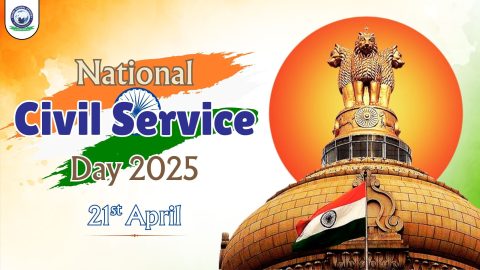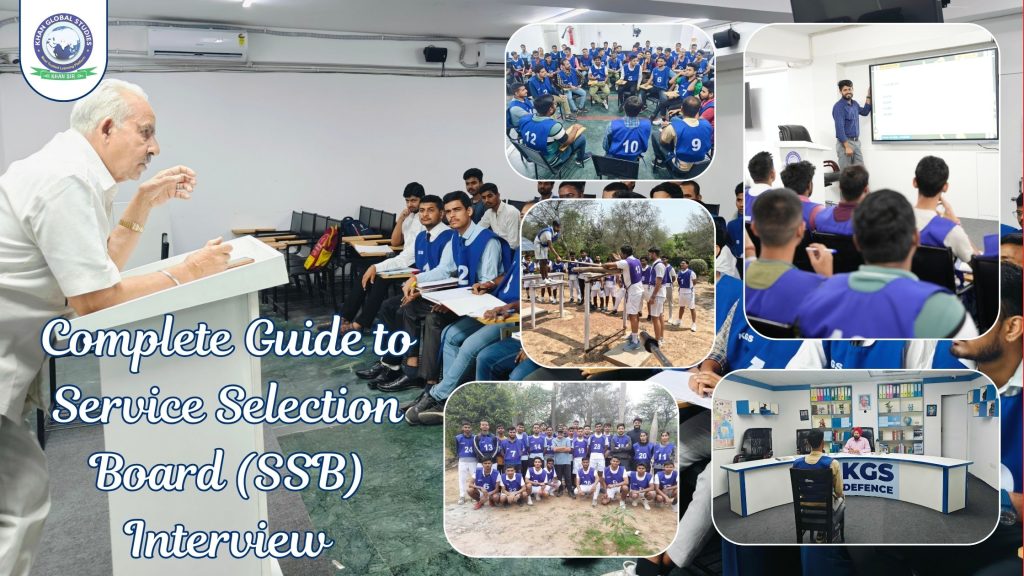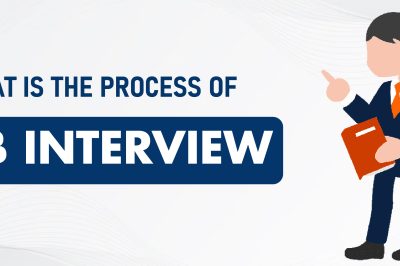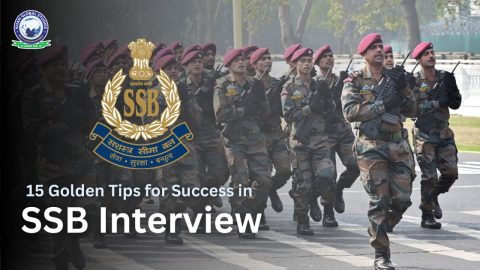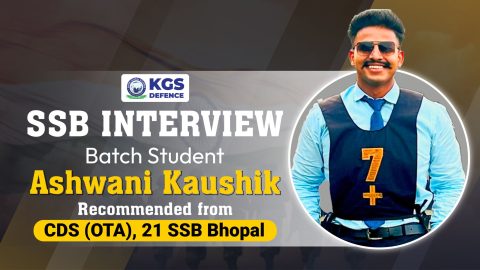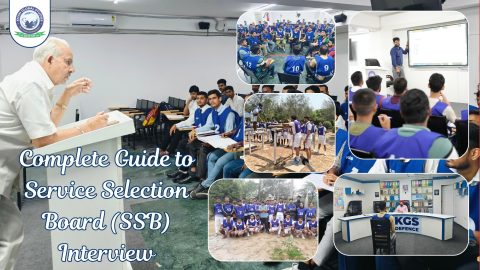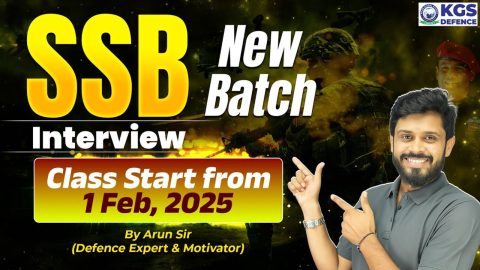The Service Selection Board (SSB) plays a vital role in recruiting officers for the Indian Army, Navy and Air Force. The SSB follows a rigorous, standardized assessment process to assess the suitability of candidates for a career in the Indian Armed Forces. The SSB interview process lasts for five days and consists of two separate testing phases. Only those who clear Phase A of the assessment move on to Phase B.
Eligibility Criteria for SSB Interview
To be eligible for the SSB interview, candidates applying through NDA, NDA Foundation, CDS and Air Force must score the minimum required marks in both the written exam and the Officer Competence Test. Additionally, Air Force candidates must clear the Computerized Pilot Selection System (CPSS) and the Pilot Aptitude Battery Test (PABT), the latter being only for those whose first preference is the Air Force.
Age Limit, Gender and Marital Status
- Indian Military Academy (IMA): Unmarried male candidates aged 19 to 24 years
- Indian Naval Academy (INA): Unmarried male candidates aged 19 to 22 years
- Air Force Academy (AFA): Candidates aged 19 to 23 years (upper limit raised to 26 years for Commercial Pilot License holders)
- Officers Training Academy (OTA – SSC Male): Male candidates (married or unmarried) aged 19 to 25 years
- Officers Training Academy (OTA – SSC Female Non-Technical): Unmarried women, childless widows and childless divorced women aged 19 to 25 years
SSB Interview Process: Step-by-Step Details
Day 1: Screening Test
This is the first and most important day, as only those who clear this round move on to the further exam. The screening process includes the following:
- Document verification
- Intelligence tests (verbal and non-verbal)
- Picture perception and description tests (PPDT)
- Form filling and administrative procedures
Candidates who fail in this stage are sent home, while successful candidates move on to the next stage.
Day 2: Psychological Tests
This day is designed to assess the mental tenacity and cognitive abilities of the candidate. The following tests are conducted:
- Thematic perception tests (TAT): Candidates narrate stories based on visual cues
- Word association tests (WAT): Test spontaneous responses to given words
- Situational response tests (SRT): Assesses decision-making and presence of mind
- Self-description tests (SDT): Candidates provide personal introspection
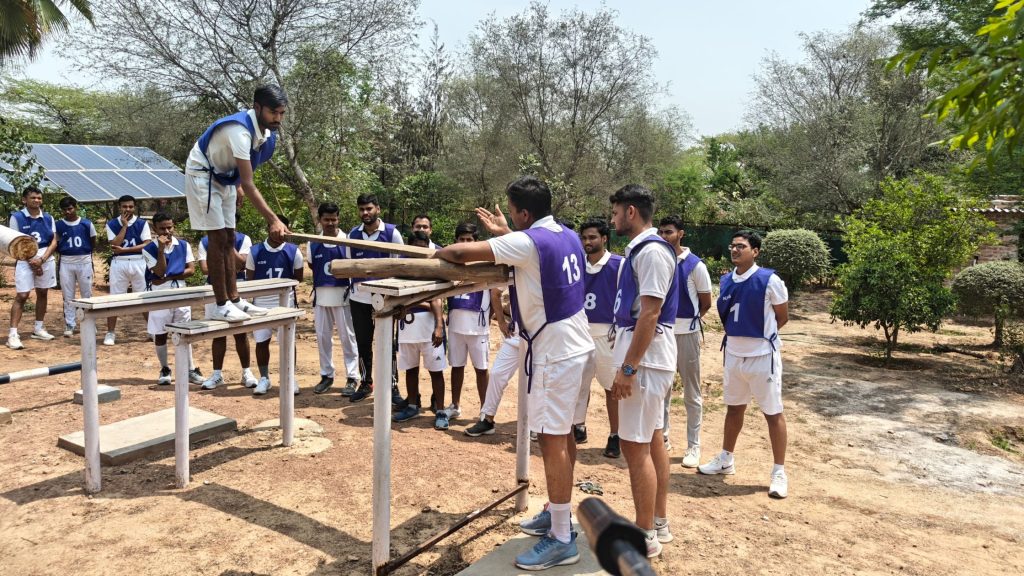
Day 3: Group Testing Officer (GTO) Tasks
On this day, candidates undergo group-based assessments that test leadership, teamwork, and problem-solving skills. The GTO tasks include:
- Group Discussion (GD)
- Group Planning Exercise (GPE)
- Progressive Group Task (PGT)
- Half Group Task (HGT)
- Individual Obstacles (IO)
- Command Task (CT)
- Group Obstacle Race (GOR)
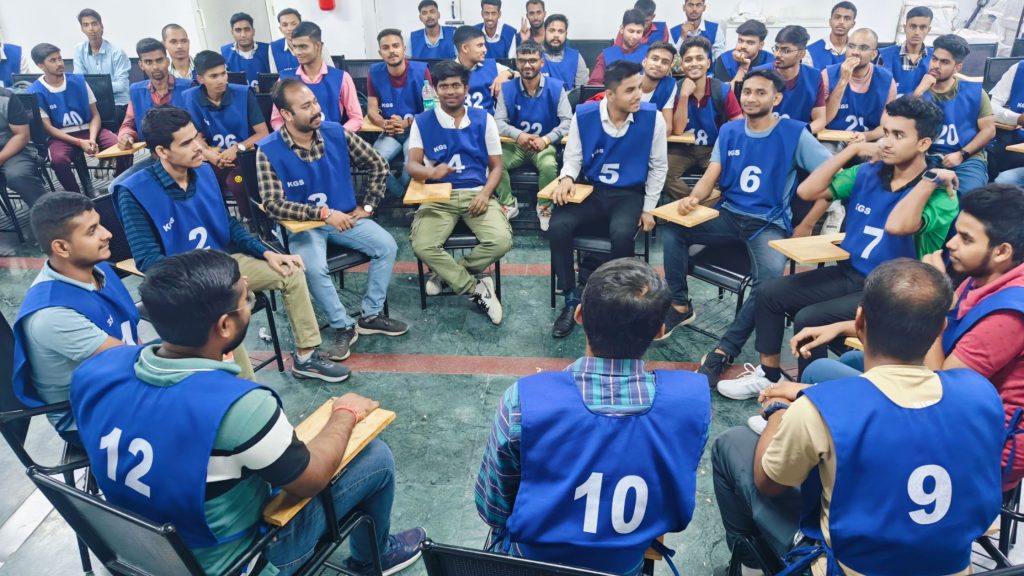
Day 4: Personal Interview
The personal interview is a face-to-face interaction with senior officers who assess the candidate’s personality, communication skills and general knowledge. Candidates should be prepared for questions about the following:
- Personal background and aspirations
- Current affairs and defence-related topics
- Situational and logical reasoning
- Academic and professional knowledge
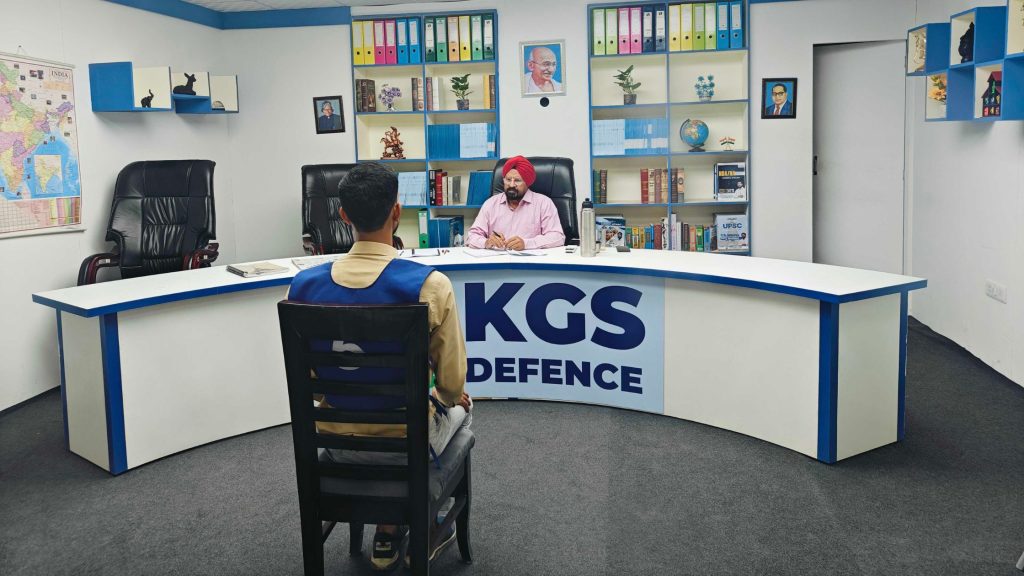
Day 5: Conference and Result Declaration
The final day includes a conference round, where the SSB board discusses the performance of each candidate. This is followed by the result declaration. Successful candidates are then sent for a medical examination, which determines their fitness for the armed forces.
Best SSB Interview Coaching in Delhi
For candidates looking for top-quality SSB coaching in Delhi, Learn with KGS Defence Academy provides the best preparation resources. Our program is carefully designed to help candidates master all aspects of the SSB interview.
Why choose to learn from KGS Defence Academy?
- Comprehensive Study Material: We provide well-structured, detailed study resources for all SSB topics.
- Expert Mentors: Our faculty comprises of former SSB interviewers and defence officers, who ensure expert guidance.
- Realistic Training Environment: We simulate military-like situations to inculcate discipline and mental preparation.
- Bilingual Instruction: Our classes are conducted in both English and Hindi, catering to a diverse student base.
- Mock Tests and Regular Assessments: Frequent mock interviews, group discussions and test series to evaluate progress.
How to Prepare for SSB Interview?
- Work on communication skills: Fluency in English, clear expression and confidence are important to perform well in GD and personal interview.
- Stay Physically Fit: Since SSB involves physical tasks, it is essential to maintain good stamina, strength and agility.
- Stay updated with current affairs: Being well-versed with national and international news, especially defence-related topics, will give you an edge in discussions.
- Practice logical and analytical thinking: Get involved in situational response exercises, decision-making tests, and problem-solving activities.
- Develop a positive mindset: SSB tests mental toughness. Positive attitude, adaptability, and confidence are the keys to success.
Conclusion
The SSB interview is a rigorous but rewarding process that selects the best candidates for officer roles in the Indian Armed Forces. With the right preparation and guidance, cracking the SSB becomes possible. If you are serious about a career in defence, enroll in Learn with KGS Defence Academy for the most effective SSB coaching in Delhi.
